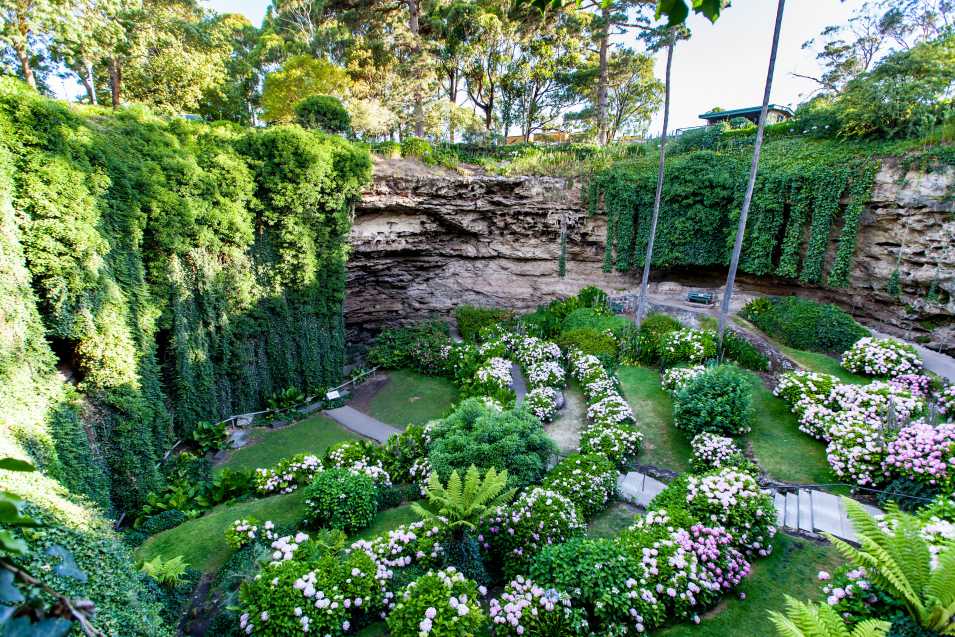A Therapeutic Gardens program can be a very successful and effective treatment option for people suffering from PTSD. This program combines a holistic approach with the use of natural remedies to help heal the body, mind and soul.
In order to benefit from this therapy, however, it is important to have an experienced and qualified mental health professional on-site at all times.
Therapeutic Gardens – Art Activity
If you’re a person with PTSD, you’re probably looking for a way to deal with your feelings. This may include meditation or other self-care activities. But you don’t have to do it alone. You can turn to art therapy to help you get through the tough stuff.
Art therapy is an effective tool for treating PTSD because it helps people process their traumatic experiences. It’s also a great way to build grounding skills. Moreover, it can help you recognize coping strategies.
Some of the most common PTSD treatments include talk therapy and cognitive behavioral therapy (CBT). These treatments aim to desensitize you from the traumatic event by describing the event.
However, they may not address the many facets of PTSD. A more comprehensive approach involves reclaiming the safety of your body.
Therapeutic Gardens – Horticultural Therapy
Horticultural therapy is a holistic approach to treating post-traumatic stress disorder (PTSD). Studies have shown that horticultural therapy reduces symptoms of depression, enhances cognitive abilities and improves socialization and self-awareness. It also promotes curiosity, emotional growth, and self-control.
A therapist guides participants through activities in a garden. During the session, the participant is taught new skills and makes connections between their gardening experiences and their own life. This creates a therapeutic experience that is enjoyable and satisfies the creative drive of the individual.
The benefits of horticultural therapy include improved cognition, balance, coordination, and language. In addition to improving mental health, horticultural therapy has been shown to alleviate the worst symptoms of dementia.
Horticultural therapy is an effective adjunct treatment modality for substance abuse. It has been proven to reduce bullying in schools.
Nutrition Education
The concept of healing gardens has been around for a long time, dating back to the monastic cloister gardens of the Renaissance. Healing gardens can also be found in health care facilities, as well as on a personal level.
These are a great way to treat mental disorders such as depression, as well as provide a healthy and therapeutic space for patients to get away from it all.
As the aforementioned Claude Monet said, “The best therapy is to be in the garden.” He was not alone. Many people have benefited from the healing properties of gardening, including those with physical disabilities.
Horticultural therapies, particularly the ones that are more than just a therapeutic treatment, can be used to help veterans cope with post-traumatic stress.
Reducing avoidance of painful emotions, cognitions or traumas
People with PTSD often experience emotional avoidance. Efforts to avoid painful emotions, cognitions, and traumas serve as a way to prevent intense feelings of distress. Avoidance can be difficult to regulate, and can have a negative effect on relationships.
In addition, avoidance can cause negative emotional responses to later encounters. These can include anger, guilt, anxiety, and sleep disorders. If these emotions are not controlled, they can easily lead to aggressive behavior.
It is important to identify individuals who are at risk for developing PTSD. APA guidelines recommend early supportive interventions for traumatized patients. This can help reduce the incidence of PTSD, improve quality of life, and reduce the development of comorbid conditions.
Several studies show a connection between avoidance behaviors and PTSD. Individuals with PTSD often avoid people who remind them of the traumatic event.
Need for highly qualified mental health professionals to be on site at all times
Considering the growing number of mental health related deaths, the need for highly qualified mental health professionals to be on site at all times in Therapeutic Gardens is more than just a pipe dream. But, who are these people? How does one go about finding the best ones?
To answer the aforementioned question, one must understand the context. In other words, what types of services are needed, and what sort of support does a given person require? It is a good idea to consult with your primary care physician to assess your needs and make a recommendation.
Identifying a good match for your needs is the first step in ensuring you get the most out of your healthcare dollar. Your primary care physician can serve as a conduit for a multitude of services and resources, from routine visits to referrals to specialty centers. They can also provide an insurance-friendly way to access the best doctors and other providers in your area.
Related Article: 5 Plant That Help Your Mental Health
